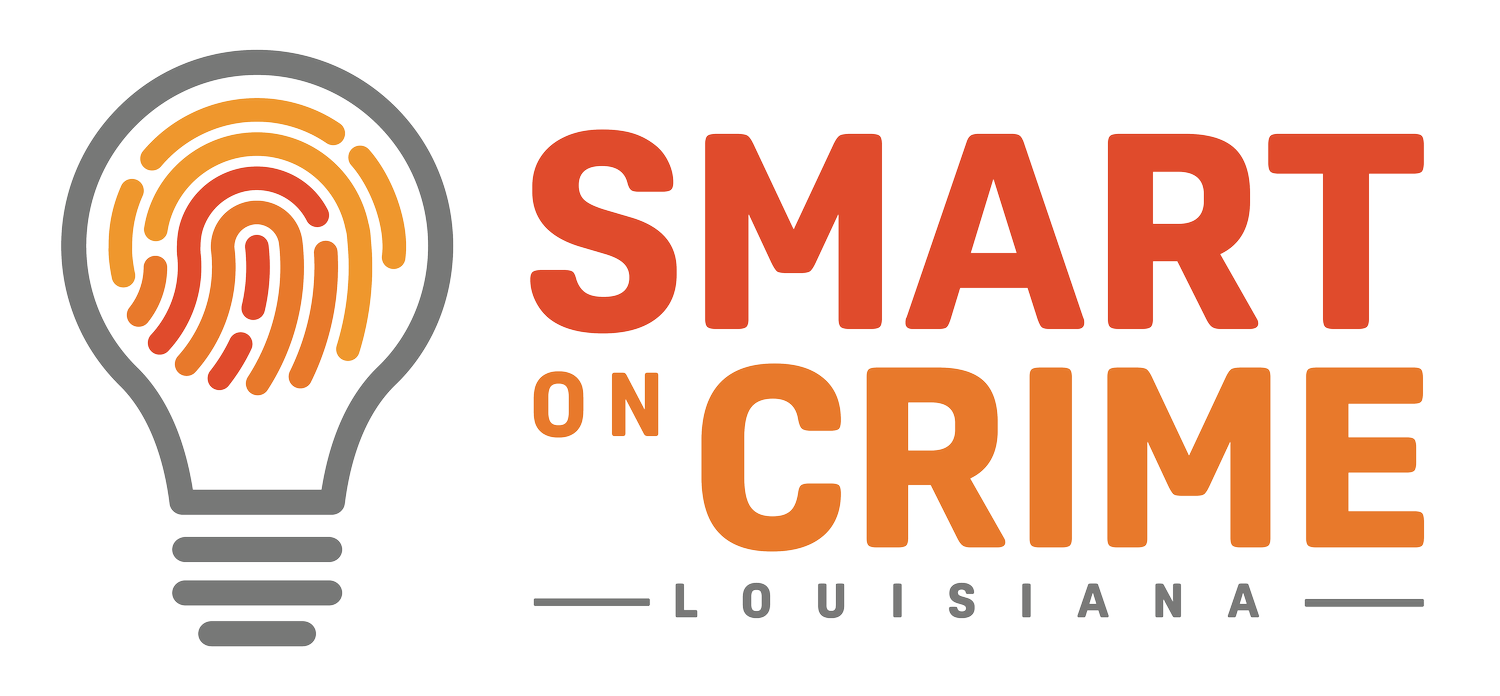Can “Good Time” Credits for Prisoners Improve Rehabilitation?
In Louisiana, and in most other states, individuals sentenced to prison can earn credits that reduce the time they serve based on good behavior. This is called “good time.” This concept has been around a while, as Louisiana was the fourth such state in the U.S. to create these laws in 1842. Laws passed in 2017 made these rules slightly more generous for non-violent offenders to promote participation in reentry programming, which was vastly expanded. Reentry programs include education, vocational training, counseling, mentoring, anger management, parenting, and more.
The concept is based on research that shows an incentive to reduce prison time by rewarding good behavior, demonstrating work ethic, and participating in and completing reentry programs, all while penalizing poor behavior, promotes rehabilitation and reduces recidivism. Recidivism is the tendency of someone convicted of a crime reoffending.
Not everyone is bought in, though, on the general concept or on Louisiana’s current good time policies. Some argue that they’re too generous and release offenders too early. They advocate for increasing in the minimum time served to mirror what’s used in federal correctional facilities (85% of an individual’s sentence), which is far more stringent than what Louisiana had in place prior to 2017. Such a dramatic change could redirect funds set aside for reentry programming because it would significantly and rapidly increase the prison population without demonstrating any clear evidence that longer sentences reduce crime.
Some also argue that public safety is decreased because offenders are released early without mandates to participate in any of the available programming. This is because a person convicted of a low-level, non-violent crime could potentially be released immediately after sentencing because they earned good time while waiting in jail for their trial, there by not receiving any rehabilitative services. This is a valid concern because, currently, programming is only available to those who have been sentenced and are in custody of the Louisiana Department of Corrections.
The effort to roll back much of the good time credits has been referred to as “Truth In Sentencing,” committing to victims and to the public that convicted criminals will serve the same percentage of their sentence regardless of whether they work hard toward rehabilitation or do nothing at all (or worse, engaging in dangerous behavior while in prison).
This change could have several unintended consequences, including increased costs to taxpayers, increased violence inside prison, and increased recidivism, which will cause an increase, not a decrease, in our state’s crime rate. Two studies conducted in Georgia and Arizona, based on similar laws in those states, have shown these results.
There are ways to address both groups’ concerns—to bring good time down to a more reasonable rate while avoiding unintended consequences that could backfire and leave Louisiana in a worse position:
Good time credits can be made contingent upon the completion of (not just participation in) one or more rehabilitation programs. This way, individuals would not qualify for release before such programming is made available, and it would become mandatory. This ultimately shifts the focus of good time credits from mere sentence reduction to rehabilitation, which holds the greatest promise for increasing public safety.
Lawmakers could reduce the amount of good time credits earned, while not increasing it to the extent that the typical “Truth In Sentencing” proposes.
Doing what the research has shown to work matters to achieving a common goal—a safer Louisiana and a more effective criminal justice system that is capable of changing lives and our state for the better.
